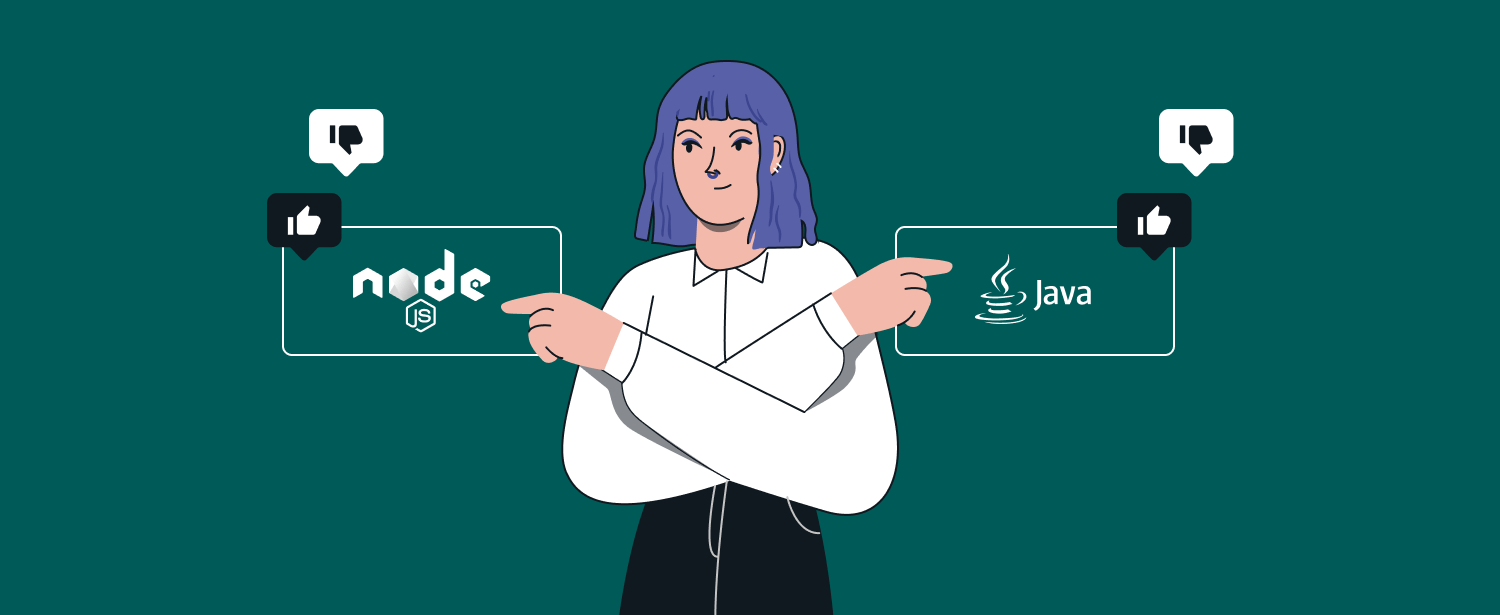From App Dream to Cloud Stream: Master Mobile Development and Event-Driven Architecture in One Journey
In today's rapidly evolving tech landscape, the convergence of mobile development and event-driven architecture (EDA) has become increasingly crucial for building scalable, responsive, and efficient applications. Let's embark on a comprehensive journey that bridges the gap between mobile app development and modern cloud-based architectures.
The Evolution of Mobile Development
The mobile development landscape has undergone significant transformation since its inception. In 2025, we're witnessing a paradigm shift where traditional mobile development approaches are being reimagined through the lens of cloud-native technologies and event-driven patterns.

Key Mobile Development Trends in 2025:
- Cross-platform Development
- Cloud-Native Integration
- Real-time Features
- AI-powered Capabilities
- Progressive Web Apps (PWAs)
Understanding Event-Driven Architecture
Event-Driven Architecture (EDA) has emerged as a cornerstone of modern application development, with adoption rates reaching 85% among organizations in 2025. This architectural pattern enables systems to react to significant changes, updates, or occurrences in real-time.

Core Components of EDA:
- Event Producers
- Event Channels
- Event Consumers
- Event Processing Units
Bridging Mobile and EDA
The integration of mobile development with event-driven architecture creates a powerful synergy that enables:
- Real-time Updates: Instant data synchronization across devices
- Offline Capabilities: Robust handling of connectivity issues
- Scalability: Efficient resource utilization
- Improved User Experience: Responsive and interactive applications
Implementation Strategies
1. Event Sourcing
class EventStore {
constructor() {
this.events = [];
}
publish(event) {
this.events.push(event);
this.notify(event);
}
}
2. Message Queues
Implement reliable message delivery using cloud-based message queues:
async def process_mobile_events(event):
await message_queue.publish({
'type': event.type,
'data': event.payload,
'timestamp': datetime.now()
})
Best Practices for Integration
Design for Failure
- Implement retry mechanisms
- Use circuit breakers
- Handle offline scenarios gracefully
Security Considerations
- End-to-end encryption
- Token-based authentication
- Event validation
Performance Optimization
- Event batching
- Compression
- Selective synchronization
Real-world Applications
E-commerce Application Example
@EventHandler('product.updated')
async function handleProductUpdate(event: ProductEvent) {
await mobileNotificationService.notify({
type: 'PRODUCT_UPDATE',
data: event.product,
users: event.interestedUsers
});
}
Real-time Chat Implementation
class ChatService {
func subscribe() {
eventBus.on("new_message") { event in
self.updateUI(with: event.message)
self.persistLocally(event.message)
}
}
}
Monitoring and Analytics
Implementing comprehensive monitoring is crucial for maintaining healthy mobile applications with EDA:
Key Metrics to Track:
- Event processing latency
- Message queue length
- Client-side performance
- Error rates
Debugging Tools:
- Distributed tracing
- Event replay
- Log aggregation
Future Trends
According to recent industry analyses, several trends are shaping the future of mobile development and EDA:
- AsyncAPI emergence for event-driven architectures
- AI-powered event processing
- Edge computing integration
- Serverless event handling
Getting Started
To begin your journey in mobile development with event-driven architecture:
- Choose your tech stack carefully
- Start with simple event patterns
- Implement proper testing strategies
- Use cloud services for scalability
Call to Action
Ready to master mobile development and event-driven architecture? 01TEK offers comprehensive courses and resources to help you succeed in your journey. Visit our website to explore our cutting-edge curriculum, hands-on projects, and expert-led training programs. Join our community of developers and start building the next generation of mobile applications today!
Sources: [1]: Event-Driven Architectures in 2025 [2]: Gartner's Tech Trends [3]: Node.js vs Java in 2025 [4]: API Trends for 2025 [5]: Software Architecture Patterns 2025
Entrepreneurship is living a few years of your life like most people won’t, so that you can spend the rest of your life like most people can’t.
Anonymous



